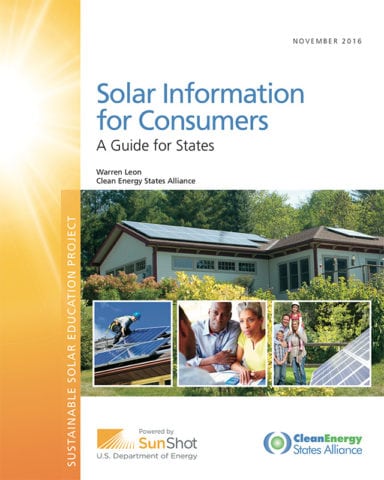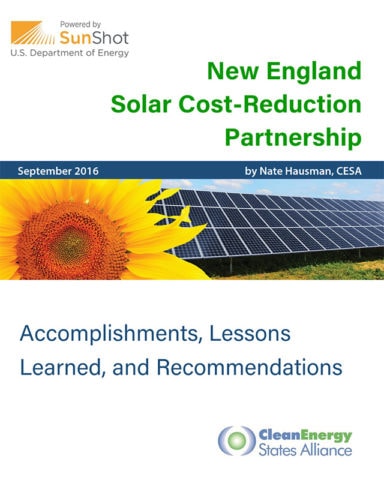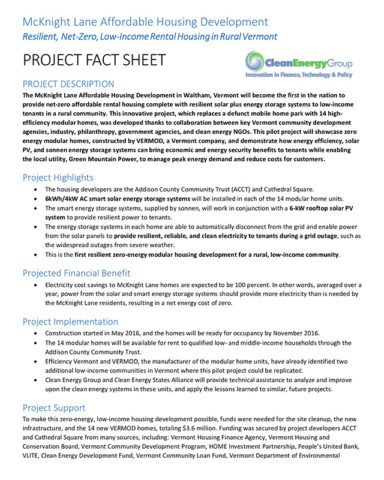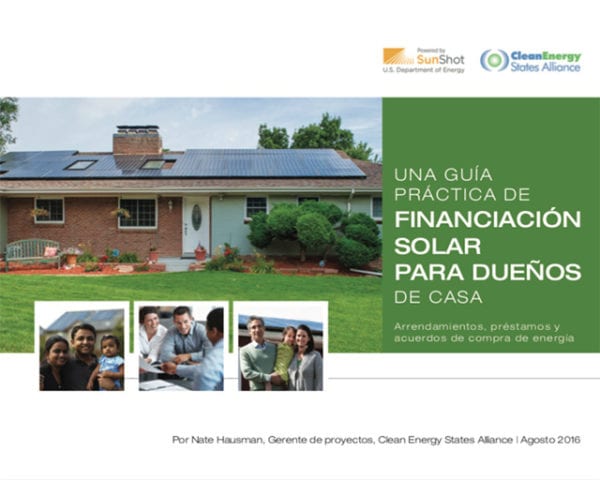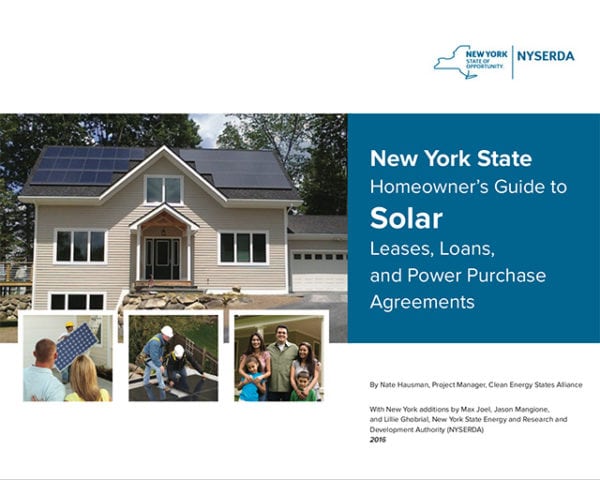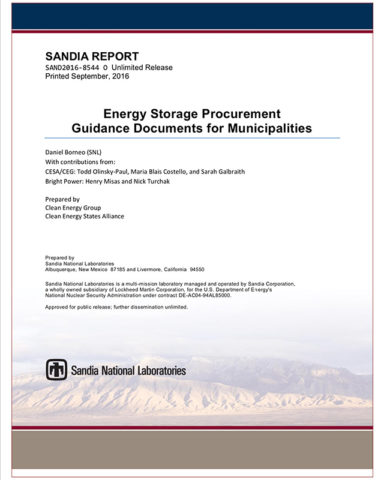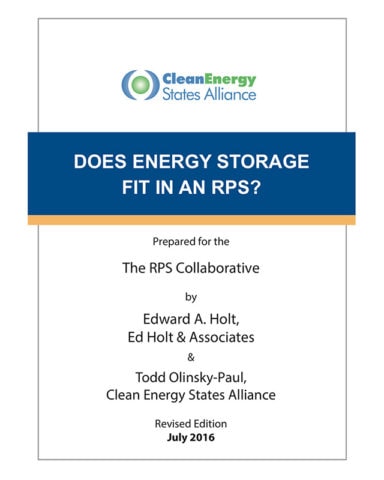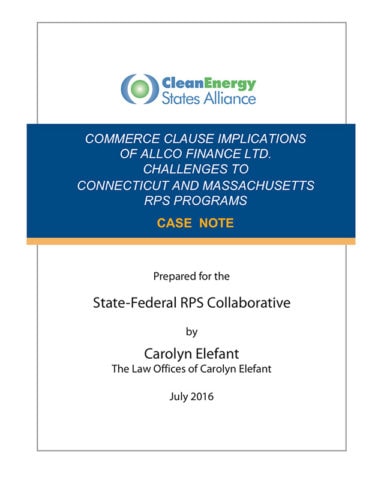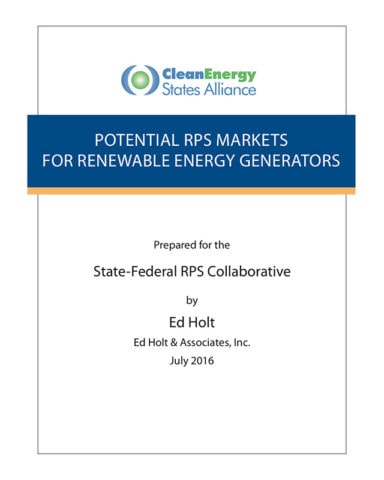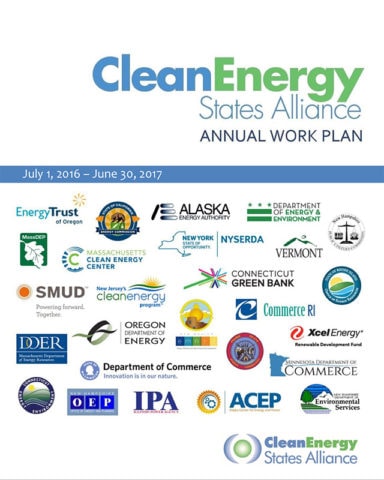Resource Archive - 2016
SEARCH RESOURCES
You can also search by author name.
RESOURCE TYPES
RESOURCE TOPICS
RESOURCE PROJECTS
RESOURCE YEARS
This guide explains why states should provide consumer information on solar, describes the types of information that can be useful, and points out existing educational efforts by states and other entities that provide models and useful resource information.
This is the final report for the New England Solar Cost-Reduction Partnership. It offers the public insights about project accomplishments, successes, lessons learned, and recommendations for future actions.
This fact sheet provides an overview of the McKnight Lane Redevelopment Project in Waltham, Vermont. It is the first in the nation to provide net-zero affordable housing with resilient solar+storage technology for rural tenants.
Clean Energy States Alliance, (CESA), preparó esta guía a través de la Asociación para la Reducción de Costo Solar de Nueva Inglaterra, un proyecto bajo el nombre de “SunShot” del Departamento de Energía de los Estados Unidos, y el desafío llamado “Rooftop Solar Challenge II”.
This guide is designed to help homeowners make informed decisions about financing solar. It is a state-specific version of CESA’s 2015 report, A Homeowner’s Guide to Solar Financing: Leases, Loans and PPAs.
These guidance documents are intended to support Massachusetts Department of Energy’s Community Clean Energy Resilience Initiative awardees in energy storage procurement. Additionally, these materials offer useful information for other municipalities to consider as they develop solicitations for resilient, energy storage projects.
This is an updated version of a report originally published in 2014. This paper explores the question of how states, which have taken the lead in promoting clean energy through Renewable Portfolio Standards (RPS), could facilitate increased deployment of energy storage.
This note summarizes the implications of two pending lawsuits that allege that the Connecticut and Massachusetts RPS programs discriminate against out-of-region renewable energy generation and therefore violate the Commerce Clause of the United States Constitution.
This paper provides information regarding where a renewable energy generator in a particular state or Canadian province can potentially sell its renewable energy certificates in order to meet the demand created by a renewable portfolio standard (RPS).
This is CESA’s annual work plan for the 2016-2017 fiscal year.

